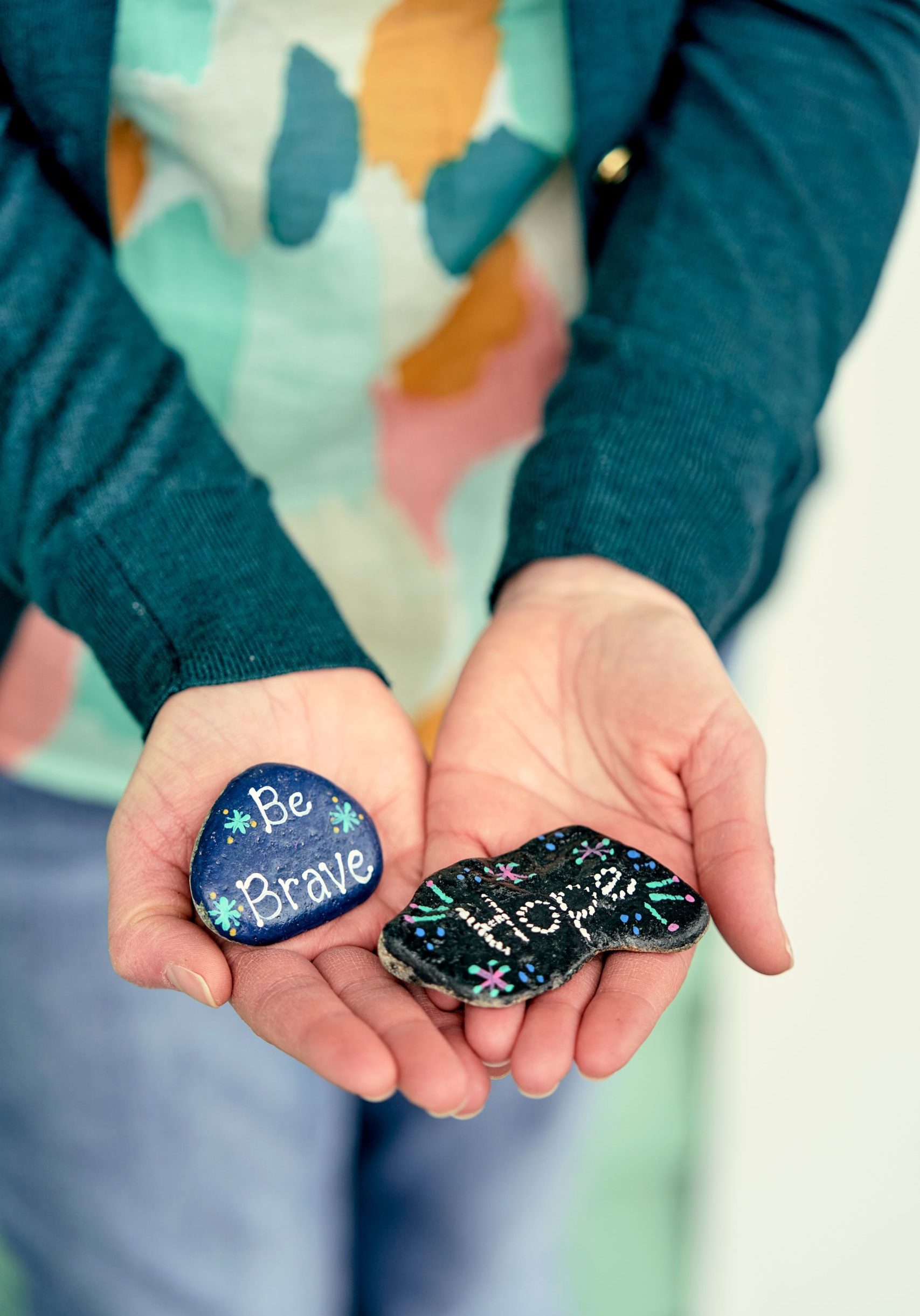Newsletter: December, 2021

A Message from Our Executive Director
Dear Community Members and Supporters of New Hope Midcoast,
It’s exciting to write to you using our new name! We are so grateful for the support we have received during this rebranding process. Many have voiced their appreciation for our new, more inclusive name. We have served individuals of all identities for forty years. Now we have a new name that reflects that! We hope that you were able to join us November 16th for our reveal. If not, be sure to click here or here where you can listen and hear from our staff as well as from Governor Mills.
Our work continues in good part because of you. The need is great and the resources are here. New Hope Midcoast’s highly-trained staff are equipped with tools to help survivors of domestic abuse find a path forward that works for them. The confidential helpline is open round the clock to provide empathy and essential information. Beyond the helpline, we offer housing support and advocacy, legal advocacy and resources as well as education and prevention programs for our community members and health professionals.
There are many ways to give to New Hope Midcoast. We are thankful to those who recently gave to our Giving Tuesday Campaign to provide basic needs for individuals living in our 12-24-month transitional housing units and appreciate those who purchased holiday cookies and coffees. Now we turn to our annual appeal and ask that you donate as possible.
We are sincerely thankful for our supportive community!
Very best to you all,
Rebekah Paredes, Executive Director

The Internet of Things (IoT): Blurring the Boundaries Between Domestic Abuse and Stalking
The Internet of things is the network of standalone Internet-connected devices that people can monitor or control from a remote location. While they work well in many households, abusers can misuse features to monitor, harass, threaten, isolate, and make it seem to survivors that they simply cannot escape the abuser’s influence (University College of London). Survivors report experiencing things such as a kettle starting to boil, lights going on and off, and abusers remotely controlling smart locks to restrict the survivor’s movement (New York Times, 2018 investigation).
IoT cases are especially challenging to pursue legally as cyberspace has no territorial borders. Civil remedies often speak to surveillance from outside of the plaintiff’s school, workplace, vehicle or home. IoT devices may be excluded from this as they surveil from inside. Restraining orders with “no contact” may be insufficient as IoT’s do not involve physical contact. While this could be a form of stalking, adjustments to legal wording would need to be made such that being physically close is no longer a requirement. Networked devices and unconsented exposure to IOT-controlled devises might also be included in any laws. Nonlegal reforms might include multi-user accounts, preventing data-sharing between users without consent or notice, and generating weekly report informing users about their logins. The National Network to End Domestic Violence (NNEDV) suggests that victims document suspicious activity and video strange activity in real time.

Everyone In Their Own Time: A Success Story
Patty (name changed for confidentiality) called our helpline in the early morning after her partner physically assaulted her at their rural home. After assessing the situation, staff sent a cab to pick her up. Once at New Hope for Women’s offices, an advocate discussed obtaining a medical appointment. Patty agreed and was examined by a Sexual Assault Nurse Examiner (SANE). SANE nurses examine, document and file information so that it could be used in court if - and only if - the survivor chooses to report the assault.
Advocates know that each victim comes from unique circumstances. There can be many pieces to consider when making choices. We provided Patty with emergency sheltering in both a hotel and in an emergency safe home. Patty then chose to return to her abuser, but not before completing an application for Transitional Housing. When an opening came up, staff called to see if Patty might be interested in moving. She chose to move.
New Hope for Women paid for a moving company and necessary household items. While in transitional housing, Patty enrolled in adult education classes, reconnected with her therapist, stopped smoking, attended scheduled medical appointments, and adopted a kitten. In October, Patty moved into permanent housing. She appreciates the support, encouragement and guidance our staff provided.
